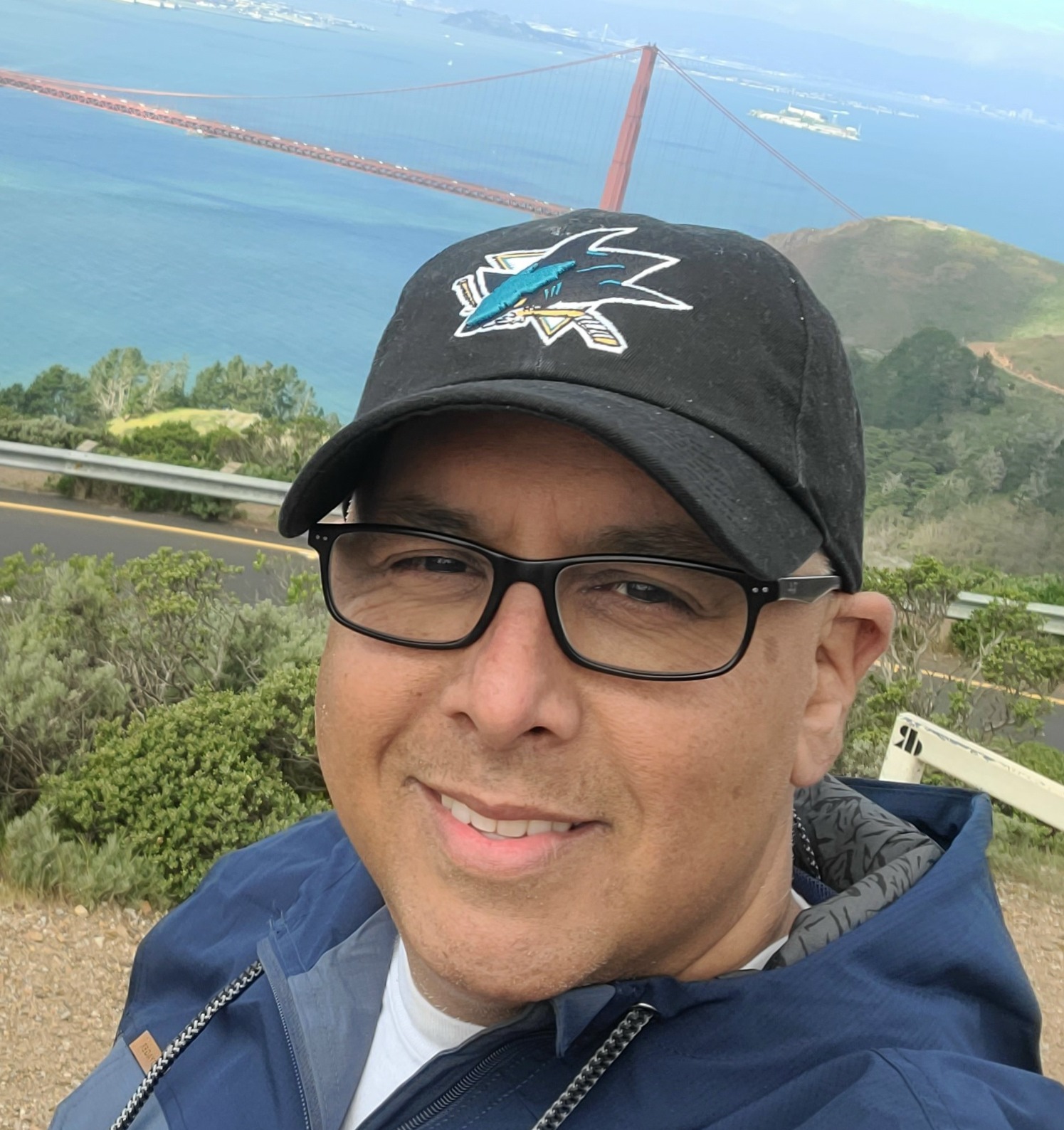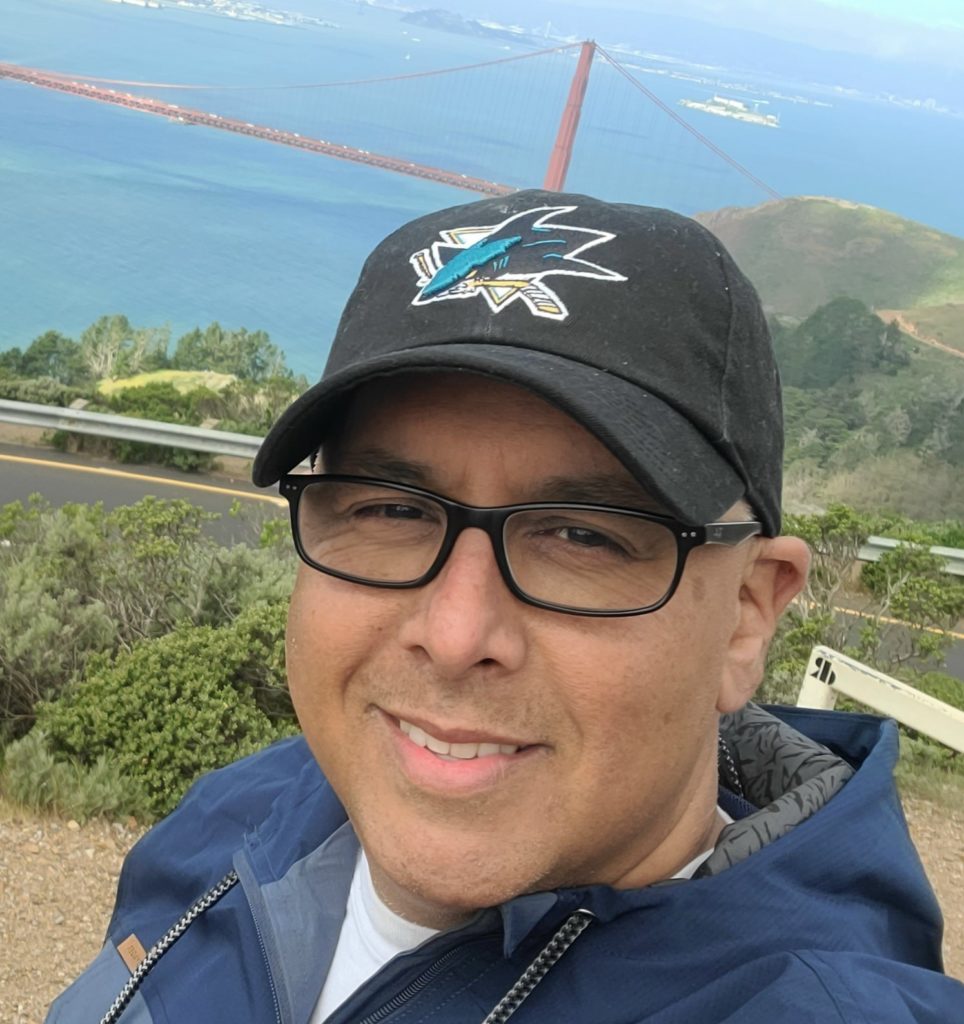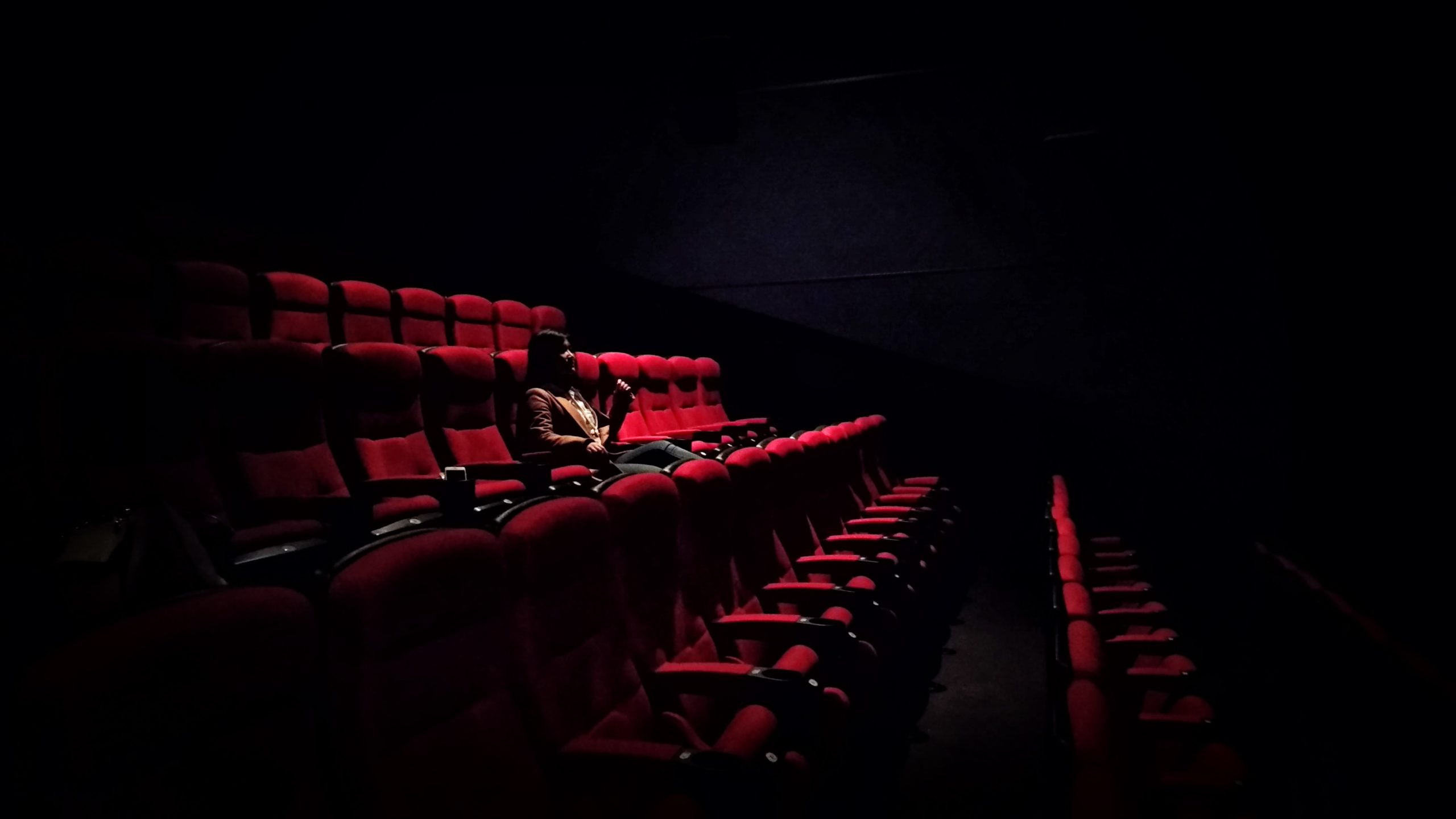
Critic Spotlight: July 2021
David John Chávez
San Jose area critic
Primary outlets: BayAreaPlays.com; Mercury News, American Theatre Magazine

How’d you get started in this wacky business?
Years ago, I had a job on a daily newspaper (the Fresno Bee, a McClatchy newspaper that covered the central San Joaquin Valley) on the city desk at nighttime. Anything that happened at nighttime, they sent me out chasing it or knocking on doors. But I didn’t really like breaking news, in the sense that I didn’t love being intrusive on people’s lives.
Then I was offered an opportunity to freelance for the features department. They wanted me to do a feature on clowns at the Ringling Brothers Circus. I had three weeks to get it put together. No deadlines! It was a revelation.
I taught theater for 21 years and loved it. In 2009 there was an opportunity with a website to do citizen journalism, and so I got this gig as the San Jose Theatre Arts reporter for Examiner.com.
Because I had experience in freelance and writing features, I was able to ask, “Can I write a feature for your show?” People generally don’t turn down free publicity; it’s all good stuff.
Then I kept getting invites to attend shows to review, and that scared me. It’s just a different muscle, a different skill set. But it kind of grew from there, and then I really liked the challenge of it. “What can I say about this play in 800 words?” So that’s kind of where I’m at.
Do you prefer any particular kinds of plays?
I do love a story about family. I love stories that focus on BIPOC people. I love stories about the LGBTQIA community, pieces that are going to really challenge me to react a certain way, challenge my own beliefs. Anytime you feel like your interaction with the play is just getting started when you leave the theater, that’s pretty exciting.
Is there a play that really got to you, really stimulated you in some way?
There is a pretty exclusive award given annually for the best new play to premiere in the Bay Area, the Will Glickman award, and I was just asked to be on the committee this year. In 2019, the award went to “Ripped,” a play about college and date rape. I did a feature on the playwright, Rachel Bublitz, and she reached back out and said, “Hey, is there any chance you could review the show? We haven’t gotten many reviewers. I think people are kind of scared of the material.”
As long as people understand that I’m not a rubber stamp, then I’ll come out. That play was really incredible, because everybody who goes in has a very clear definition of what date rape is, and what the dynamics are, and what the power struggles are. And when you walk out, every single belief that you had was challenged. Every single thing that I thought I knew about that, or what I believed, or my own instincts, were completely turned around. A play like that is really thrilling.
That sounds like an amazing experience. What do you look for when you go to watch a play and review it?
I think it all depends on what you’re going to see. It’s almost like sports: going to a hockey game that’s fast and furious and quick, as opposed to going to a baseball game which is more laidback and chill and relaxed. They both can be very exciting in their own ways.
There’s also the challenge of seeing a production that I’ve seen many times. How many “Sweeney Todds” have I seen? How do I decide if (this one) succeeded? And how do I avoid comparing the two?
How do you do that?
I’ve thought about that — how am I going to review the touring production of “Oklahoma!” in San Francisco when I saw the revival on Broadway? I can’t pretend I didn’t see that show. I think maybe you just acknowledge it. I think it’s important that you review what’s on the stage, and not what you think should be on the stage.
What happens when a show just doesn’t work or it’s simply bad?
I try to figure out why. Was it the writing? Was it my own personal take on what I’m seeing? I think it’s kind of impossible to be objective about certain things, because when you walk into a show, you’re bringing everything you are into the review. I can’t ignore my own belief systems, my own values, my own morals. I can’t ignore those things.
So I try to be honest and truthful with my own voice, because that’s the only voice I know. Ultimately, do I feel like the play has been successful based on what I feel it’s trying to do?
You’ve been a part of ATCA’s Equity, Diversity and Inclusion committee for several years. Why do you think we need this committee?
I think the committee has done work that is just so necessary, because we’re really doing things to challenge what’s been in place. To have a group of people that are as passionate about diversity, as our crew has been, it’s been amazing to see the evolution.
You try to give artists the best possible opportunity to have people come to their shows that are culturally competent. And if this committee has done the work to try to get that across to people who are engaging with these works of the theater, that is a good thing.
We’re also bringing attention to those voices who really need opportunities. It’s going to take everybody to be completely anti-racist, to give opportunities to people that don’t have those opportunities.
Just one perspective is not good for artists. That’s not good for writers. That’s not good for critics. It’s not good for anybody. The more varied voices we can have engaging with criticism, the better it is for everybody.
You’re about to become the Chair of ATCA. What are the most significant issues we have to examine as we go forward?
I think we do have to directly continue to try to create more spaces for BIPOC critics. Diverse critics are out there, but are we doing enough to get them and give them opportunities to be a part of the conversation? If the work of EDI continues on a grander scale, I think we have a really great opportunity to make this happen.
I’m curious about those members who maybe feel that they haven’t had a say in the organization. I’m curious about critics that decided to not join or haven’t joined yet. And I’m curious about how I can reach out and see what can be done. And if someone’s new to the organization, I’m really curious to see what is working for them and what’s not.
I will be the first person of color in charge of ATCA, but we’re all going to take this on. We’re all going to be supportive. It can’t be just like, okay, we did our EDI, let’s move on. This has to be built into the fabric of the organization.
And if it’s not, then that’s not something I would necessarily be very interested in being a part of. But if I can support everybody with all the great work they’re doing, I’ll feel like I’m doing the right thing.
Please share a few reviews you’re proud of.
Review of “Culture Clash (Still) in America” for Bay Area Plays.com
bayareaplays.com/2020/03/04/culture-clash-explores-the-messy-and-magical-in-brilliant-still-in-america
Feature on the Bay Area’s Red Ladder Theatre for Theatre Bay Area
theatrebayarea.org/news/461133/Red-Ladder-Theatre-Connects-Inmates-With-Their-Creativity.htm
Feature on Oregon Shakes and the Almeda wildfires for American Theatre Magazine
americantheatre.org/2020/10/07/taking-the-heat-and-leading-through-crises-at-oregon-shakes
— Interview by Karen Topham. Edited for length and clarity.





Sorry, the comment form is closed at this time.